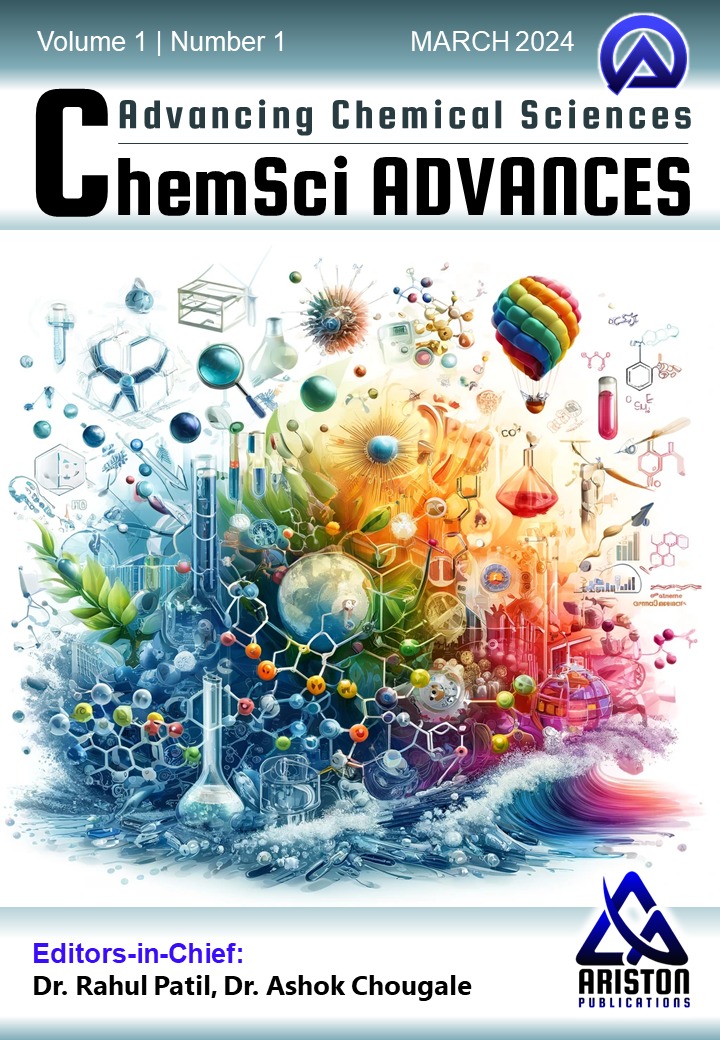Gurleen Kaur, Anu Devi, Raman Kumar, Nivedita Agnihotri
1 Department of Chemistry, Maharishi Markandeshwar (Deemed to be University, Mullana-133207
2 Department of Biotechnology, Maharishi Markandeshwar (Deemed to be University, Mullana-133207
*Author to whom correspondence should be addressed:
niveditachem@mmumullana.org (N. Agnihotri)
ABSTRACT
Environmental challenges related to water quality are not unique to impoverished nations, but are also among the most fundamental human demands worldwide. The need for clean water and power is growing by the day. Wastewater is seen as a source of both water and energy. Because of the high energy requirements and high cost, current wastewater treatment systems are associated with limitations. It is vital to create a technology that can produce viable alternatives to current energy resources. Microbial fuel cells (MFCs) are a cutting-edge technology, which have been developed and are now undergoing extensive research in order to treat wastewater sustainably. Showcasing a promising future as a sustainable method, microbial fuel cell (MFC) technology recovers energy and nutrients simultaneously to create bioelectricity, which uses the power of electro-genic microbes to oxidize organic contaminants found in wastewater. Sustainable MFC implementations may be a practical solution for carbon sequestration, biohydrogen synthesis, wastewater treatment, environmentally sustainable sewage treatment and green power production due to the constraints of traditional wastewater treatment. However, because to the challenge of balancing yield with total system upscaling, MFC electricity production remains a significant obstacle for practical applications. The advancements in MFC technologies are covered in this chapter, including modifications to their structural design, incorporation of various novel anode and cathode materials, diverse microbial community interactions and substrates to be utilized and the elimination of contaminants. Additionally, it concentrates on offering crucial insights and examining different applications and futuristic facets of MFCs connected to wastewater treatment and consequently, sustainable resource recovery. By the study we anticipate the industrialization of MFCs in the near future with proper planning and additional research, believing that this would result in cleaner fuels and a better environment for all people.

Significance of the study:
Microbial fuel cells (MFCs) offer a dual solution to water and energy challenges by treating wastewater and generating bioelectricity. This technology harnesses electro-genic microbes to oxidize organic contaminants, presenting a sustainable alternative to conventional wastewater treatment methods. MFCs hold promise for carbon sequestration, biohydrogen synthesis, and environmentally sustainable power production, addressing crucial environmental and energy needs.
Summary of the study:
The review explores the potential of microbial fuel cells (MFCs) in wastewater treatment, highlighting their ability to generate bioelectricity while treating wastewater sustainably. It discusses advancements in MFC technology, including structural modifications and novel materials, and emphasizes the need for further research to overcome challenges in scaling up for industrial applications.
